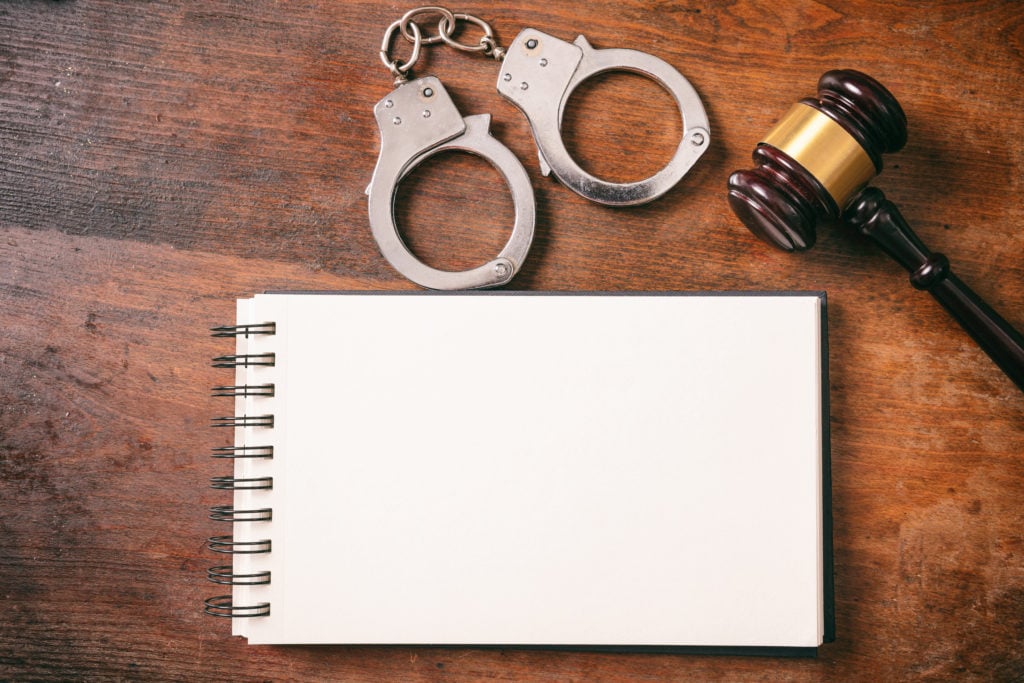Incorrect.
If an accused is acquitted in Criminal Court, he/she/they can apply to have the fingerprint and mug shot photos destroyed. If charges are withdrawn, the police can keep them on file.
In 2007, I was falsely accused of assault by a former neighbour, who had assaulted me. I was arrested the next day by a 4th Class constable who thought his job was to arrest people if someone called 911 and wanted to have someone charged. Because the detective did not request jail time if I was convicted, I didn't qualify for court appointed counsel at trial. I defended myself, and won acquittal, without having to present a defense case.
Before the trial started, the Crown attorney flipped his thumb through the evidence disclosure and said "Looks like we've got enough evidence to convict", and offered me the opportunity to plead guilty. Half way through my cross examination of his first witness, he offered to drop the charges, but I refused; I wanted the acquittal.
The nephew is being less than 100% honest with you. No two people have the same fingerprints. He admitted to you that he was once arrested. Fingerprints are taken by police only after an accused is charged. If he was not acquitted of those charges in Court, his photograph and fingerprints can be retained by the police.
There was approximately nine months to a year between when I completed the application to have my photo and fingerprint records destroyed, and when I received written confirmation that it had been done.
If an accused wins acquittal, but does not apply to have the photo and fingerprint records destroyed, the police can retain them indefinitely.








